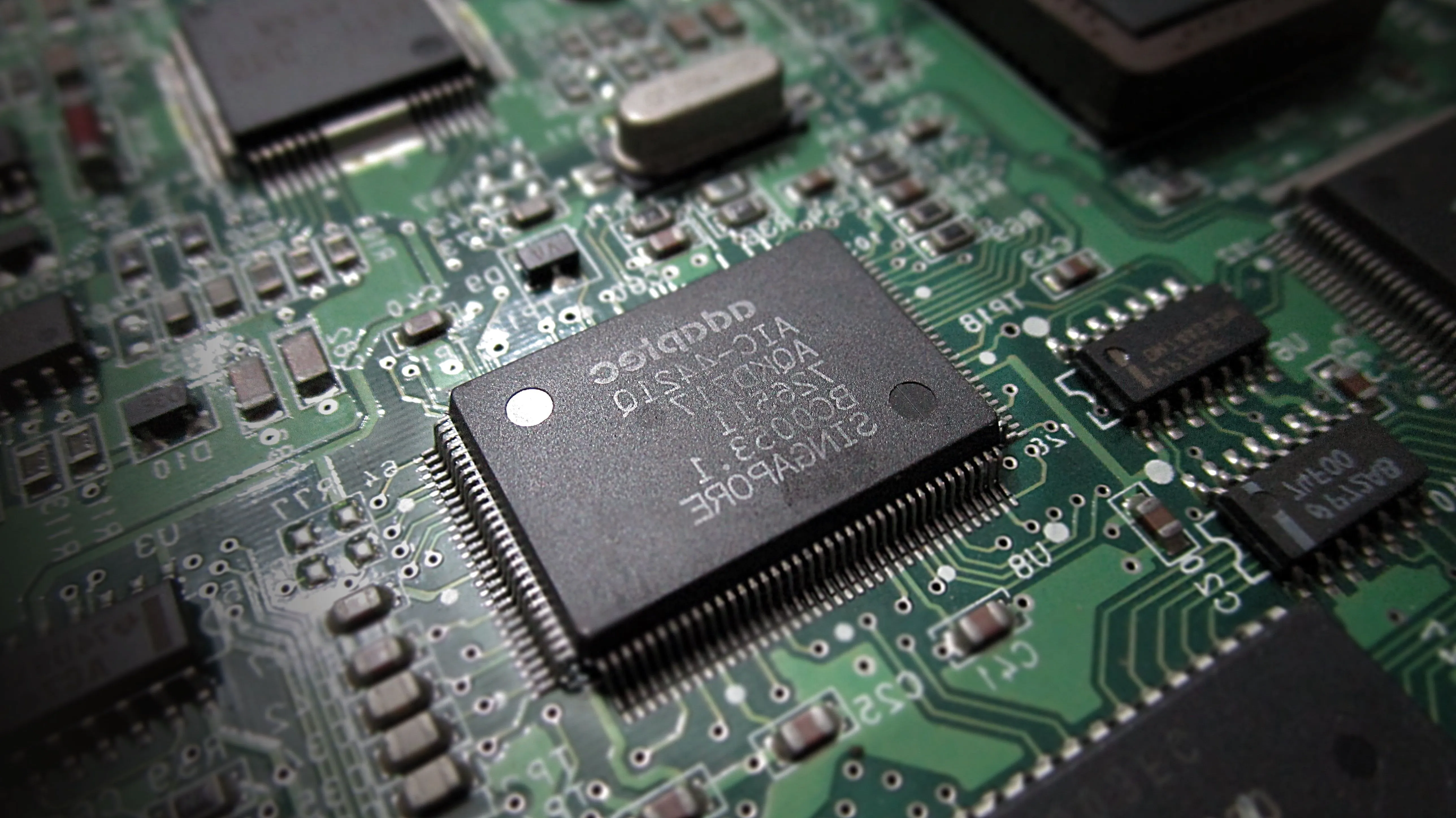Online C Compiler
Thankyou for visiting our Online C Compiler. Compile and run your C code in this development environment. Here, you will be able to run your own C code while having access to debugging utilities such as syntax highlighting, error highlighting and informative compiler error feedback to let you know where you went wrong
Code
Console
What is C?
C is a high-level, general-purpose programming language and is very widely used. Developed in the early 1970s, C is one of the oldest programming languages in the world and remains arguably the most influential. Being a procedural programming language, C does not support object-oriented data structures like classes, although it does have support for structs. C excels at organizing code into functions, making it easier to understand and maintain. Languages like C++ can be considered too complicated for certain tasks where simplicity and reliability hold the highest priority. The language offers a fine balance between low-level and high-level, offering very direct and close memory management and interaction with hardware while featuring a simple and easy-to-use syntax in comparison to a language like Assembly. In a lot of circumstances, C can actually perform significantly better than Assembly due to compiler optimizations; this explains why it is the go-to language for operating system development.
Being a cross-platform programming language, C is very portable, and C code that runs on Linux can also run on Windows, assuming it does not use any OS-specific features like networking sockets. In addition to all of this, C is also the parent of a wide range of different languages, including C++ and Python. The Python code you write is executed by an application called CPython. This is a C application that parses your Python code and executes it in real time. Despite being a small language, C has an extensive standard library, allowing developers to easily manage console input and output, networking, string manipulation, mathematics, and memory allocation. C is a popular choice for embedded systems, as the language provides direct hardware access and does not rely on any runtime environments or dependencies, making it lightweight for embedded systems with limited processing power and memory.
.webp)
The C programming language is commonly used in educational environments like classrooms to teach the fundamentals of software development, including algorithms and data structures. C provides direct access to hardware and can be used to teach people the concepts of memory management and processor performance optimization. In addition to this, the development of Unix was done in C, defining standards for modern-day operating systems like Linux, Android, Mac, and iOS. Due to C's age, it is used in a wide range of legacy code bases in computer systems that power everyday things that people rely on. Due to this, it is very likely that C developers will always be in demand to maintain these legacy systems. C is also used in a wide range of open source projects, like video codecs, compression libraries, and cryptographic libraries, due to how performance-critical these libraries must be in order to be the best.
Where is C Used?
C being a versatile, lightweight, and portable programming language means it is the perfect choice for performance-critical and low-level software applications. Here is a list of C's most popular use cases:
- Systems Programming
- Embedded Systems
- Performance-Critical Applications
- Cross-Platform Development
- Legacy Code
- Unix Development
- Operating Systems
- Education Environments
- Database Management Systems
- Compilers and Interpreters
- Software Libraries

Why is C so Popular?
C is popular because it features very simple and readable syntax, which makes developing software applications in C straightforward and easy. C is also the foundation of most operating systems, like Windows, Linux, and Mac. Due to this, C will always be used because these operating systems use C APIs to allow applications to communicate with the operating system. The popularity of C also stems from the fact that it is the optimal language for its use cases and can translate directly into Assembly code. This means that there is really no need for an alternative to C because it already does what it does the best. In addition to this, another reason why C is and always will be popular is legacy codebases. C developers will always be in demand to maintain and run these systems.